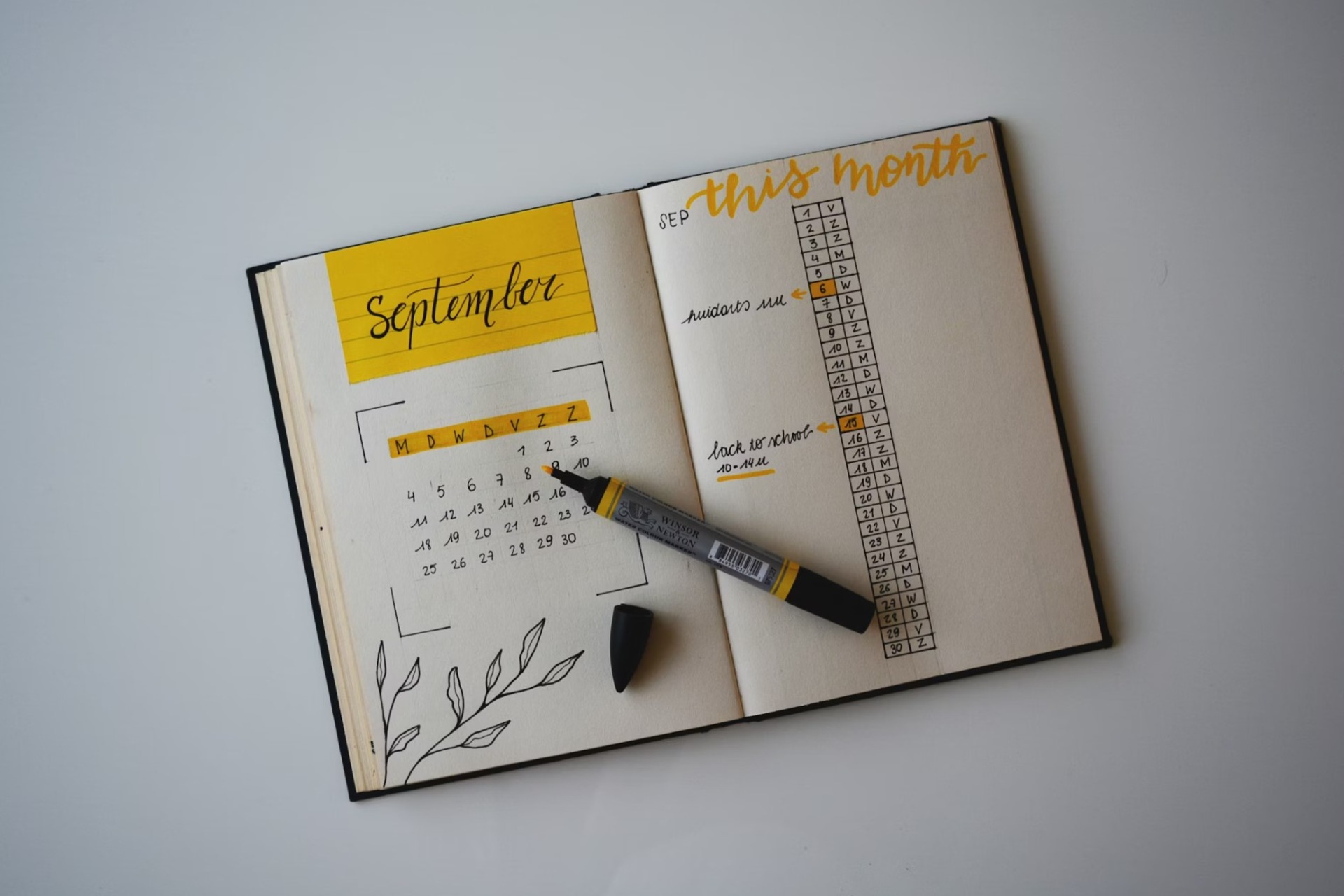
Body + Mind is reader-supported. We may earn an affiliate commission when you buy through some of the links on our site.
Are you a massive impulse spender or perhaps you simply want to save more? With plenty of budgeting hacks online, finding which ones to follow can be confusing. However, this certain “no-spend challenge” is currently making rounds online, with many people claiming to have experienced great things about it. Discover how this simple challenge can make significant changes to your finances, buying habits and your relationship with money.

This challenge has been around for years but resurfaced this year due to TikTok trends. With around 43.5% of Gen Z searching for financial advice online, many people are turning to influencers for sound financial advice, such as this challenge. It has become viral on the platform since many people attest to its benefits. The no-spend challenge requires you to refrain from spending money on nonessential items and track your progress on a calendar.
Common forbidden “splurges” include:
The main goal is to avoid overspending and reduce spending for a certain period, depending on your preference.

The no-spend challenge somehow forces you to live below your means, which has plenty of benefits:
Instead of giving into impulse purchase decisions, you can set aside money for your emergency fund. This money will provide you with peace of mind when accidents or unexpected circumstances arise, such as a major dental bill or a broken TV.
The no-spend challenge gives you control over your finances, freeing yourself from the money stress. When you quit your unhealthy spending habits, you don’t have to worry about your credit card debt and enjoy watching your savings grow.
Spending solely on essentials makes you more mindful of your habits and lifestyle. Tracking where every penny goes may trigger healthy habits, such as limiting take-outs and cooking meals at home — a skill beneficial for your body and wallet.
When you get serious about saving money, you also better appreciate what you have. It may even lead you to embrace a minimalist way of living and make you reflect deeper before making a purchase, leading to better life decisions. When you start noticing what you have, the urge to buy new, nonessential things becomes less.
Taking part in the no-money challenge is no easy feat. It requires discipline and dedication so you can succeed. This might be the right approach for you if you want to correct your unhealthy spending habits. With plenty of budgeting apps and hacks available online requiring you to log your expenses daily, you can find your footing easily.
Ready to take control of your finances? Here are the rules for the no-spend challenge:
Decide how long you’re going to commit to the challenge. If you’re new to saving, starting small — at least 30 days is highly recommended. Feel free to extend the duration if it goes well and you love the results.
The true challenge lies in knowing what you need and want. Usual needs include groceries, gas, transportation fees, household items, bills and rent, but depending on your living situation, this list may be more comprehensive.
However, it’s important not to get discouraged during the process. Maybe you and your partner always meet up for a movie once a month, and it’s an important time to connect and relax. Perhaps your mom is spending her birthday, and you must buy a gift. Make room for simple pleasures like that so you’re less likely to get demotivated.

Avoid going to the mall if you don’t have errands or a set purpose. That way, you can prevent the temptation of purchasing that limited-edition bag. The same goes for online window shopping. Use site and app blockers to restrict you from visiting certain sites if you must.
Just as in real life, it’s essential to surround yourself with people who make you feel good. Unfollow influencers who constantly suggest items under the guise of good intentions. More often than not, these are paid promotions designed to manipulate you into spending money. Plus, excessive use of social media can cause anxiety and fear of missing out (FOMO), both of which are unhealthy for your mental wellness.
There are so many things to do besides shopping. Cultivate a new skill or rekindle a lost passion. Explore activities that don’t require swiping your credit card. You can also find free events in your area, online courses, or community gardens where you can volunteer.
Here are some ideas to get you started:
For some reason, people don’t want others to know that they can’t afford something. Sometimes, an individual would go to lengths because they don’t want someone to think they couldn’t afford a certain thing. If this sounds like you, it’s time to practice the art of saying no. Talk about your goals when a friend invites you to an out-of-town trip. The savings will be worth the awkward conversations.
This challenge can shed light on your habits. You might be surprised how often impulse buying kicks in, particularly when you’re tired or doom-scrolling online, hoping that checking out items can soothe your negative emotions in the long run. Once you reflect, you may realize that your behavior may contribute to the clutter in your space and mind. A break from this habit can give you a much-needed reset and help you recalibrate your priorities.
Do this challenge if you want to drastically change your spending habits. It will make you more mindful of how you treat your money and better equip you to make better financial decisions. While it may seem daunting — and even a little impossible — not to splurge for a while, it’s a productive way to get your finances back on track.
Your email address will only be used to send you our newsletter, and at any time you may unsubscribe. For more information, see our Privacy Policy.